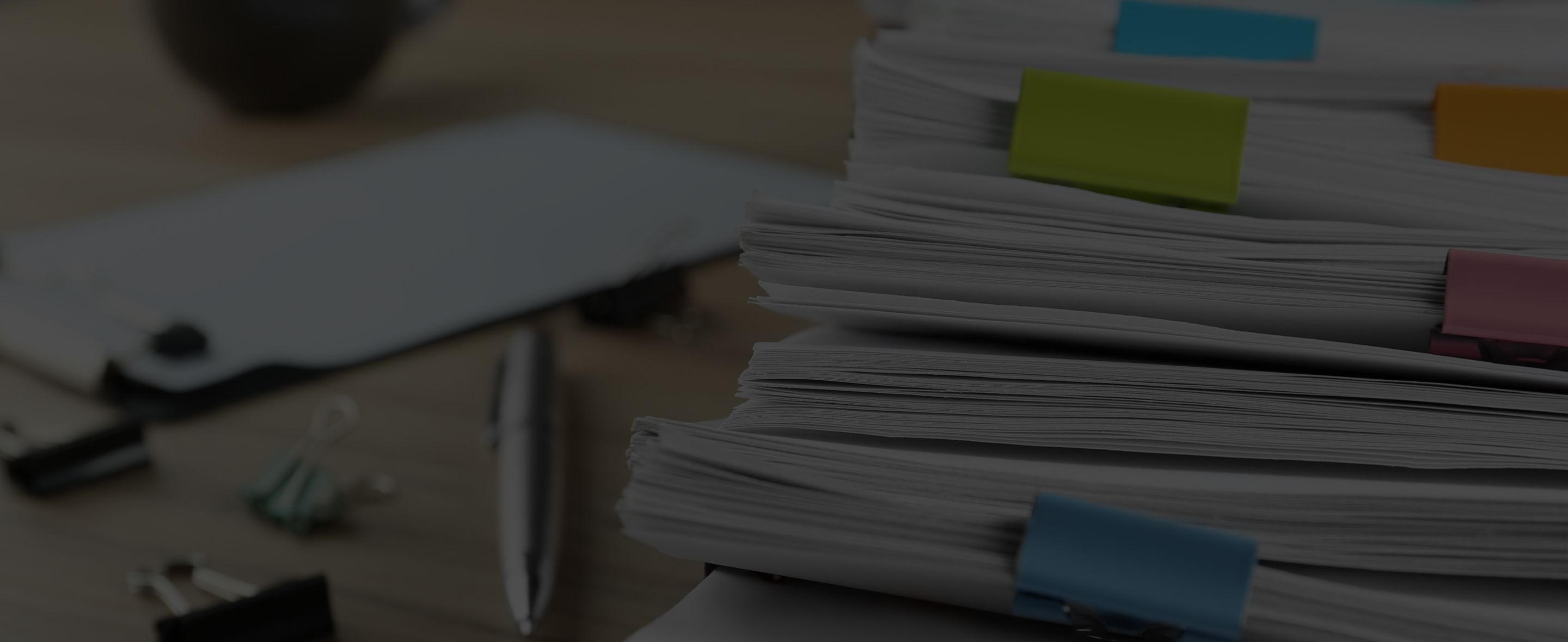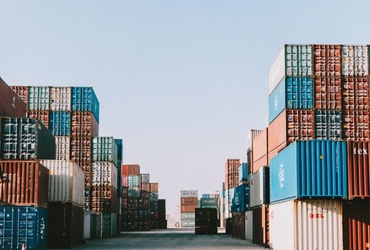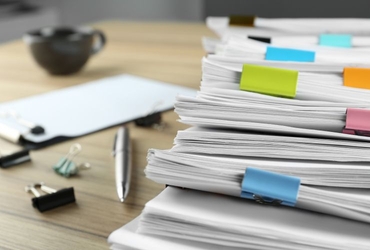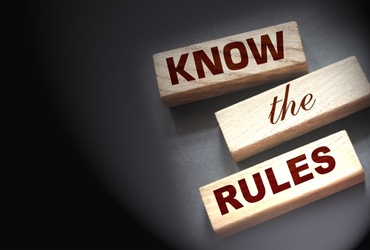
5 Things to Know About the PierPass



Marine terminal operators at the ports of Los Angeles and Long Beach created the PierPass. It was developed at the time when the US’ largest port was one of the fastest growing container gateways. PierPass is a non-profit company that addresses multi-terminal issues such as security, congestion, and air quality. The main aim of the PierPass is to mitigate congestion at these ports.
PierPass OffPeak Program
All the international container terminals in the two adjacent ports established additional shifts per week. The organization started the OffPeak program in 2005 to fulfill its mission. They imposed a PierPass fee or Traffic Mitigation Fee (TMF) on cargo that moved out of these ports during the daytime on weekdays.
Before the OffPeak program, 88% of the containers moved through the port of Los Angeles and Long Beach during the first shift of operations between 8 AM and 5 PM (Monday to Friday). After the OffPeak program started, approximately 50% of the trucks called during the first shift and 50% called during the OffPeak shifts between 6 PM to 3 AM on weekdays and between 8 AM to 5 PM on weekends.
How does OffPeak help move containers more efficiently?
On an average OffPeak weeknight, 17,000 trucks visit the container terminal at the port of Los Angeles and Long Beach. If all the trucks and containers lined up, they would form a line 170 miles long. Without the OffPeak Program, this cargo could double the daytime volumes and cause major congestion. PierPass OffPeak gates can handle about 55% of daily truck-borne cargo traffic at the port complex.
PierPass TMF
PierPass Traffic Mitigation Fee (TMF) is a fee paid when a terminal becomes congested. It covers the added cost of workers forced to operate outside the working hours to avoid business loss and delays.
PierPass instituted the OffPeak program to alleviate frequent delays at the Long Beach terminals in California and Los Angeles. Any shipment processed at these terminals during peak hours (3 AM-6 PM) acquires a PierPass TMF to cover off-peak shifts (weeknights and weekends).
According to the West Coast MTO Agreement (WCMTOA), the Traffic Mitigation Fee (TMF) at the ports of Long Beach and Los Angeles increased by 4.2 percent from August 1, 2020. The increased rate is $33.47 per TEU (twenty-foot equivalent unit) or $66.94 for all non-exempt containers.
PierPass does not make money from the Traffic Mitigation Fee (TMF). It’s a not-for-profit company that was created by marine terminal operators to address multi-terminal issues. All the TMF fee collected apart from the administrative and overhead costs incurred by the PierPass to implement and manage the program is allocated to the terminal operators. They use this fee to finance the labor and operational cost of OffPeak additional program shifts.
Things to know about the PierPass
Using a congestion pricing model, the PierPass TMF charged during the daytime moves was replaced with an appointment-based system. This system uses a single flat fee on daytime and nighttime container moves.
Appointments required for import container pickups
- All marine container terminals at the ports of Los Angeles and Long Beach require appointments.
- All appointments are made through the terminal system instead of the PierPass.
Flat TMF applied across all hours
The traffic mitigation fee that was charged only during peak hours cargo moves was replaced by a reduced flat fee across all days and hours of operation.
No change in the type of containers subject to TMF
There is no change in the type of cargo that pays the PierPass TMF. The following moves are excluded from the Traffic Mitigation Fee:
- Rail intermodal containers
- Transshipped containers
- Empty containers
- Domestic cargo
- Bare chassis
Transhipped containers are those that arrive at the port of Los Angeles and Long Beach on one vessel and leave on the other without entering US commerce.
Two-hour appointment windows and last appointment times
- The appointment window is between the earliest and latest times a container can arrive for an appointment that includes the grace period. Its duration is two hours for all appointments.
- The last appointment time for each day is 3:30 PM on the first shift, and 1:30 AM on the second shift.
How to register with PierPass?
Cargo owners and importers move containers into and out of the ports of Los Angeles and Long Beach through the truck gate. Those importers who are not already registered with the PierPass can register here.
- 1. PierPass OffPeak Program
- 2. How does OffPeak help move containers more efficiently?
- 3. PierPass TMF
- 4. Things to know about the PierPassAppointments required for import container pickupsFlat TMF applied across all hoursNo change in the type of containers subject to TMFTwo-hour appointment windows and last appointment times
- 5. How to register with PierPass?
Related Articles


